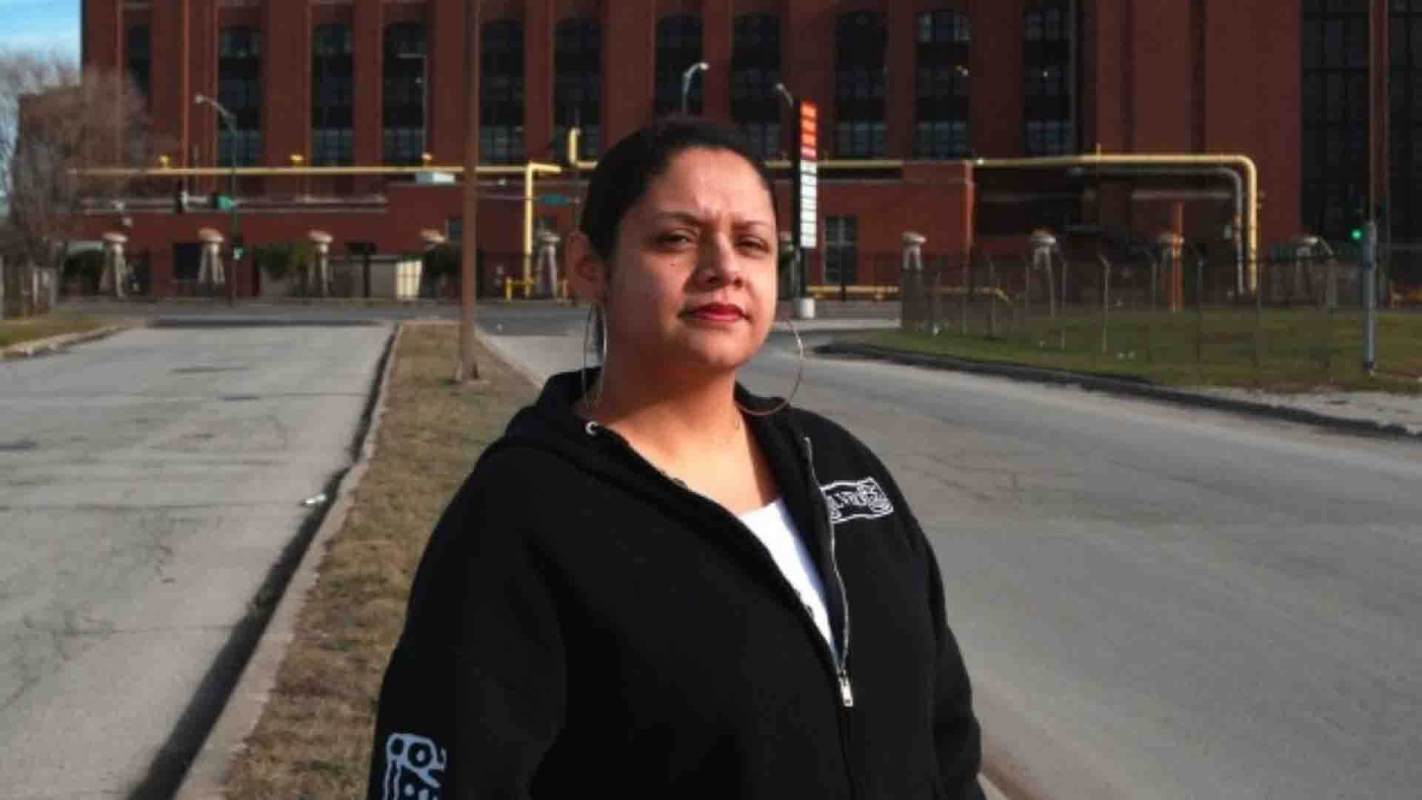While Greta Thunberg may be the name most synonymous with climate action today, Kimberly Wasserman is another name worth knowing in the fight against big polluters.
Wasserman, a Chicago native, grew up in the largely Latino neighborhood of Little Village, near two of the biggest coal power plants in the country. She was unaware of their potentially deadly impact until her infant son had his first asthma attack more than a decade ago.
At the time, Wasserman was working for the Little Village Environmental Justice Organization, so she leaned into her role to help address the issue.
"I started focusing my door-to-door conversations to try to understand how many other people had family members with respiratory issues," she told Grist. "We found that an alarming number of people in our neighborhood had asthma. So we started to look at, what is in our neighborhood?"
"We found the coal power plants," she continued. "A lot of folks didn't know what they did there; the smoke was white and very unassuming, and so a lot of young people called it the cloud factory because they thought that's where clouds came from."
Wasserman's work was critical to shutting down two of the country's oldest coal plants in 2012. She coordinated petitions, campaigns, and protests, working with more than 50 other organizations to draw attention to the issue, which eventually led to the coal plants voluntarily shutting down.
In 2013, Wasserman's work in Chicago earned her the Goldman Prize, which honors grassroots environmental heroes.
Coal pollution has been directly linked to health issues like asthma, particularly in young children. Studies have found when coal plants shut down, asthma attacks in neighboring communities decline.
Dirty energy resources including coal, oil, and gas are also a big problem for the planet. They are the largest contributors to planet-warming pollution, accounting for more than 75% of global air-polluting gases and nearly 90% of all carbon dioxide pollution, according to the United Nations.
Following the victory, Wasserman turned her focus toward the remediation and redevelopment of the closed facilities. She also advocated for public transportation — something lacking in the neighborhood.
Her work is an example of what communities can accomplish.
"Definitely don't give up," she told Grist. "And definitely arm yourself with as much research as possible."
Want more? Follow The Cool Down on Instagram and join our Weekly Newsletter for cool stories and easy tips that save you money, time, and our planet.








